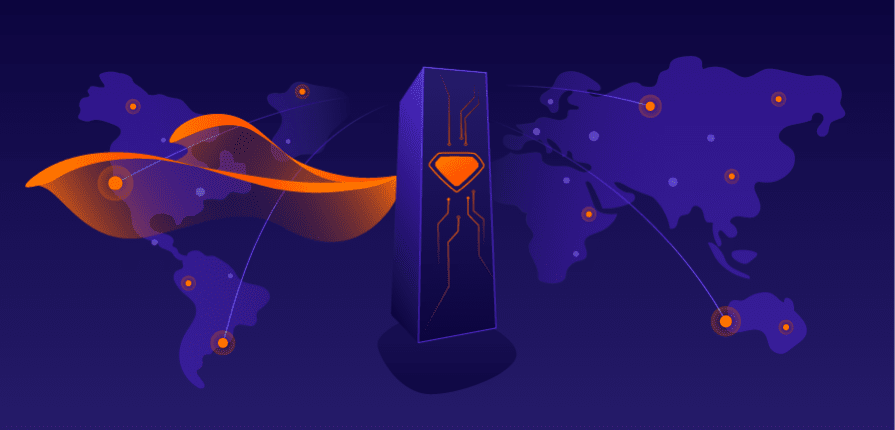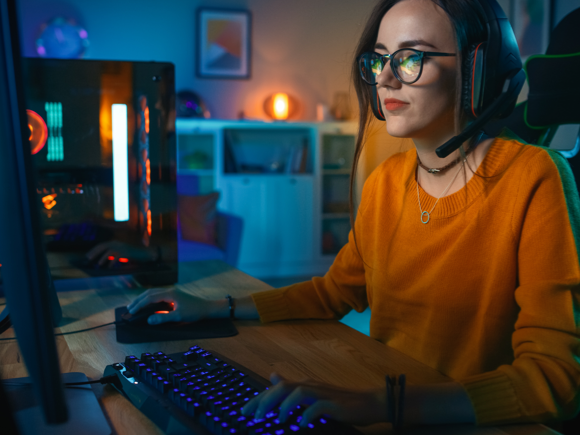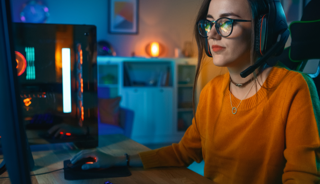Join the “supercomputer” to find a cure
Finding a cure for COVID-19 requires enormous computing power. Too much for any single computer. That’s why Avast has teamed up with Folding@home to expand their global “supercomputer,” which consists of thousands of individual computers. We’d like you to join us.
Free download

What’s Folding@home?

Developed at Stanford University in October 2000, Folding@home is today one of the world’s largest computer networks dedicated to finding cures for various diseases, from cancer to COVID-19. It brings together everyday people like you who volunteer to run simulations of protein dynamics on their personal computers. This data then helps scientists to develop cures.
Avast has also dedicated part of our infrastructure to help bolster the project. All together, Folding@home has surpassed 1.5 exaflops of computing power, making it the largest supercomputer in the world. But we still need your help.

How can I help?

Simply install and run Folding@home’s software. You’ll be lending your computer’s muscle to a global network dedicated to curing COVID-19. The data created by your computer will be sent back to Folding@home to analyze and add to the pool. The more computers we have, the faster we can beat this disease.
System requirements
FAQ
Who runs Folding@home?
Folding@home is run by the Pande Group, a nonprofit dedicated to science research and education. The Pande Group was started at Stanford University on October 1, 2000 and was directed by Professor Vijay Pande until 2019. Today, the group is led by a former student of Professor Pande: Dr. Greg Bowman of Washington University in St. Louis.
How is Avast helping Folding@home?
For starters, we’re spreading the word to get people like you to contribute to the cause. But we’re all in this fight together, so we’ve allocated a part of our own resources to run Folding@home, too.
What does Folding@home do with the data?
Folding@home will make the data freely available for other researchers to use, and their analyses of the simulations will be submitted to scientific journals for publication.
How will Folding@home use my computer?
When you run Folding@home, it will use part of your CPU power, disk space, and network bandwidth. You can control how much of your resources are used and when it uses them.
Will Folding@home slow down my PC?
Yes, the Folding@home simulation requires a lot of computing power, so your PC will run more slowly during the process, and its fans will probably spin up loudly. We recommend running the software overnight or when you’re not using your PC.
Will my PC use more electricity when running Folding@home?
Folding@home requires more computing power than regular software, so you may notice a higher power consumption when running it.
Can I join the Avast team within Folding@home?
Yes! You can join our team to add your earned points to the Avast team score. Once you have Folding@home installed, just follow these steps:
1) Go to the Folding@home Web Control in your browser
2) Click Change Identity
3) Fill in whatever you like for your Name
4) Enter 236798 for the Team Number (leave the passkey empty)
Check in on how the Avast team is doing here.
